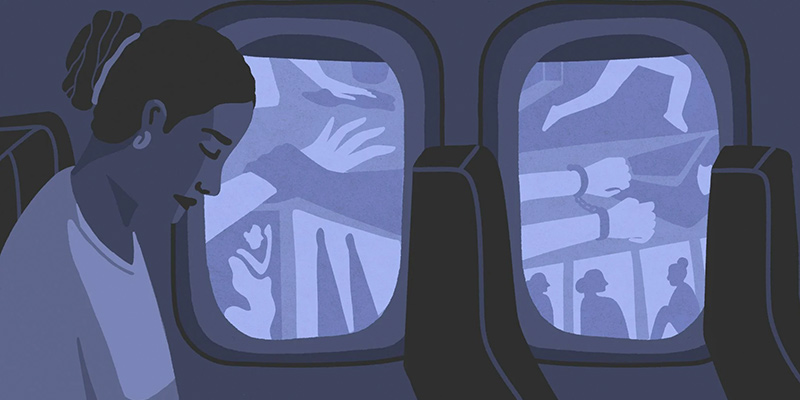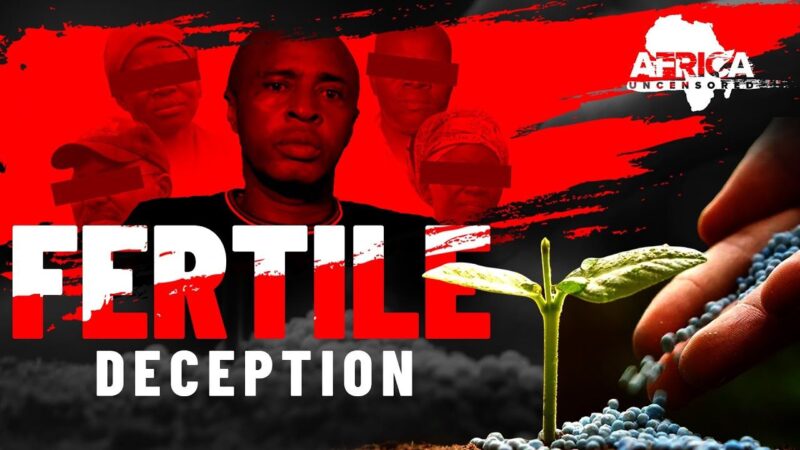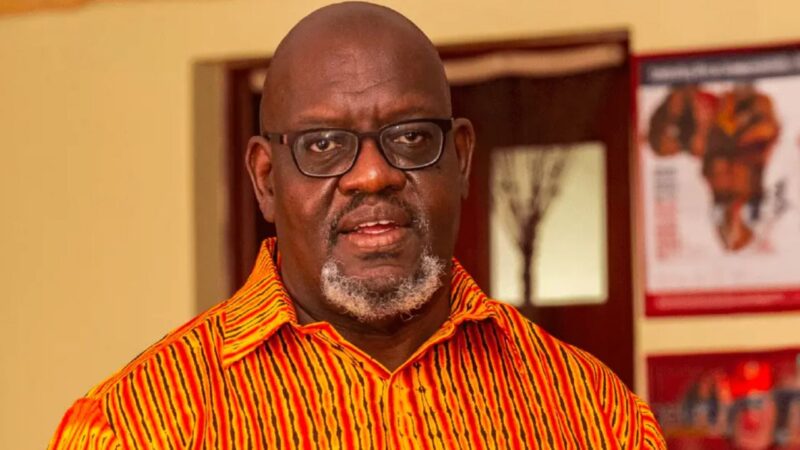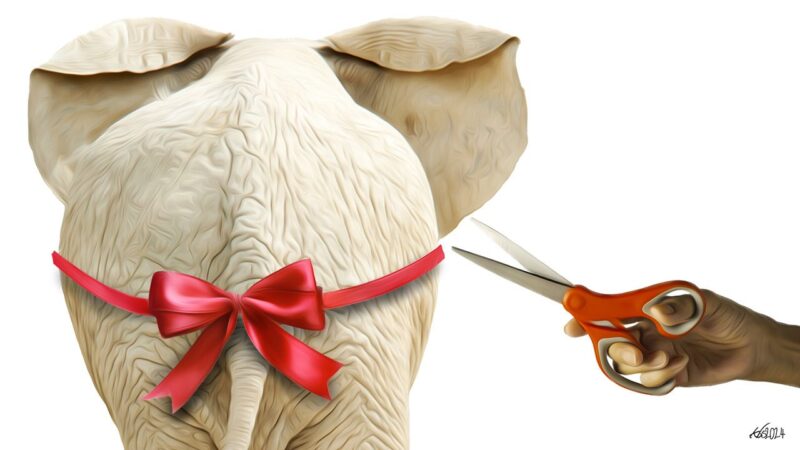First, they found his shoes. Then they spotted another man’s body, before finally discovering Francis Kilule floating dead and naked in the river.
His older brother, Benjamin, had been looking forward to spending Christmas with him at their home in Thika, an hour northeast of Kenya’s capital of Nairobi. They were going to plan Francis’ upcoming wedding.
But on December 21, Francis went missing. Benjamin, alongside family and friends, searched agonizingly for days. On Christmas eve, they found his body on the Fresh Del Monte pineapple plantation.
Public roads run through the 8,000 acre farm, which community members have been using for centuries to reach the town. But this puts them at the mercy of Del Monte’s security guards who for the last decade have been known for their alleged violence.

At the end of December, a civil claim was filed against Fresh Del Monte by a group of human rights organisations on behalf of 10 individuals, who alleged they were stabbed, stoned, tortured and raped by the company’s guards.
Francis is not named as part of that claim, but his family wants to join the case. On February 8, they arrived at the court, along with dozens of other alleged victims, hoping to be added as petitioners.
Del Monte, whose fresh fruit is a global staple, is the largest exporter of Kenyan produce to the world, and one of the East African country’s biggest employers.
The civil case alleges that individuals trespassing through “have been found, beaten, tortured, killed and drowned in dams within Del Monte.” According to plaintiffs, the violence is due to the company’s failure “to train the guards they employ and deploy to act in lawful methods while conducting security enforcement operations.”
Del Monte argued at the February 8 hearing that it could not be sued in Kenya since it is headquartered outside the country, in the Cayman Islands. However, a company spokesperson later told OCCRP that its subsidiary, Del Monte Kenya, would handle the case.

“We welcome the opportunity for all parties to present evidence in a public forum and trust those proceedings will reveal the truth and expose the attempts to tarnish our good name,” said the spokesperson, who was identified in an email only by her first name, Claudia.
Francis, who was 32 when he was killed, had visible injuries to his head and ribs. The postmortem report stated the cause of death was drowning and “soft tissue injuries due to multiple blunt force trauma.”
“He was my closest brother and friend,” Benjamin told OCCRP. “Del Monte should really think, they should really do something. We want justice.”
Francis was one of four people who went missing over the Christmas period on Del Monte land, while allegedly there to steal pineapples. Three of the bodies have been recovered. One month earlier, a man’s body was found dumped in a dam on the farm.

The company spokesperson told OCCRP that Kenyan authorities had investigated the November and December cases and found “no foul play on Del Monte’s part.”
“Organized crime targeting our fields, and the subsequent sale of stolen pineapples, has brought about an unbearable toll on our community,” the spokesperson added.
Kenyan police did not respond to requests for comment sent via email and WhatsApp.
In a recent investigation by the Guardian and The Bureau for Investigative Journalism, representatives of Del Monte Kenya were accused in interviews and affidavits of offering bribes to witnesses to cover up the circumstances in which Francis and the other men were killed.
“We do not bribe. We do not instruct our guards to beat,” the Del Monte spokesperson told OCCRP in response to the allegations. “We believe that these misleading headlines are part of a disinformation campaign being led by interested parties with close connections to the media.”
Benjamin was among about 50 community members who showed up at Thika High Court to observe the February 8 proceedings, and to show support for a petition to add Francis and other alleged victims to the case.
“Those represented are just the tip of the iceberg,” said Brian Gitau of the Kagama Community Action Forum, which has documented over 1,860 individual human rights abuses on the farm. “We have more people coming in day by day.”
Many of those waiting outside the courthouse displayed injuries, from dog bites to scars across their limbs and heads, bone fractures and knocked out teeth. Some told OCCRP they were just walking or driving on their motorbikes through the farm before being attacked by groups of guards who accused them of stealing pineapples.

The proceedings ended up being virtual, but those who came to attend stood solemnly in the rain in front of the courthouse, surrounded by heavily armed police who tried to drive them out of the compound. Others had been blocked by officers at the entrance, or on the highway to the town center.
“Never have I seen such a large police presence at this court,” said Tom Macharia, a lawyer leading the case on behalf of the victims, in the hearing. “Citizens have already been brutalized, this is further brutalizing them.”
Speaking outside the courthouse, Geoffrey Kariuki told OCCRP he had walked through the farm to pick up stones to help construct his mother’s home, before being surrounded and brutally beaten by half a dozen guards.
“Whenever I see pineapples, I feel bitterness,” he said. “I refuse to eat pineapple.”
–
This article was first published by OCCRP.








